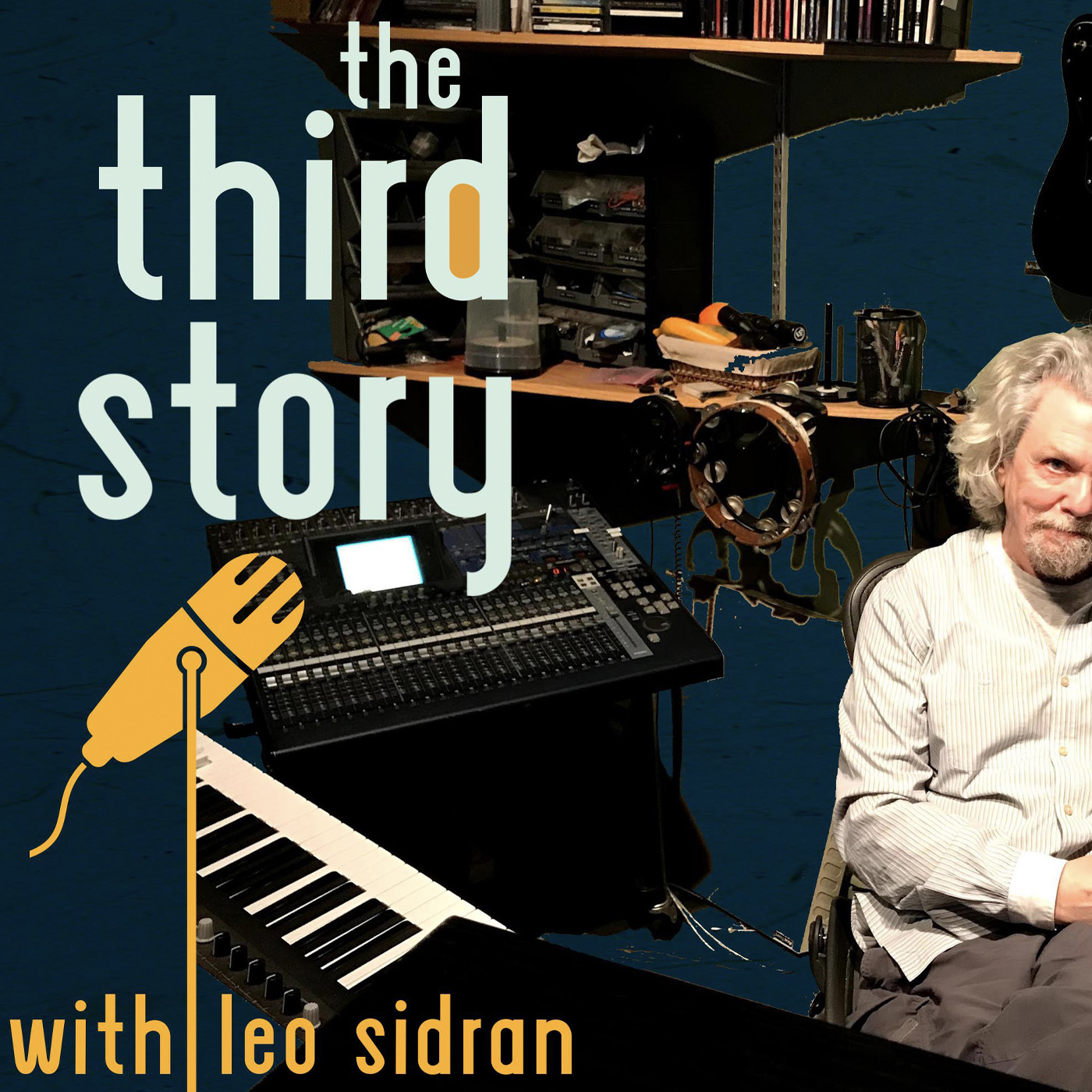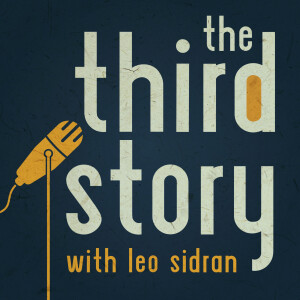
What do A Tribe Called Quest, David Byrne, The Roots, D’Angelo, Pat Metheny, Erykah Badu, Jason Moran, Me’Shell N’degéocello, India.Arie, J Dilla, Run DMC, and Theo Croker have in common? They all benefited from the sound of Bob Power’s recording, mixing or production.
Bob has had a profound effect on the sound of Hip Hop and modern music in general. Despite the fact that he says “I learned early on from working in television that if someone notices your work, you’re probably screwed,” I did notice what he was doing and I think a lot of people did. He has degrees in classical composition and jazz performance, and spent his early professional years both gigging and composing music for television. He was 30 years old and living in San Francisco when he decided to move to where the action was in the music business at the time: New York.
An unexpected gig as a recording engineer for early rap sessions ended up re-orienting Bob’s career. He says he thinks he was one of the few people in the recording establishment who took the new music seriously and cared enough to make it as good as possible, even though it was being made in a different way (using samples, drum machines and intuition). He tells me, “Great music is made by people who either don’t care or don’t understand what is ‘normal’ so they do something extraordinary.” And he says, “In popular music, wrong has become right, and we love it.”
Talking to Bob, one gets the sense that his contribution has been multi-fold. Part of it is indeed the sound that he gets. It’s undeniable that his records have a sound: it’s in the depth of his mixes, the way they round and present, deep and forward at the same time. They have dimension. He tells me, “Just being able to hear everything in a mix is a lifetime of study.”
But the other part of what he offers in the room is his way. It’s his personality. Bob is happy to talk about his technical approach, the way he thinks about recording, mixing, and mastering. But he is equally happy - maybe even more so - to talk about pop sociology, Marshall McLuhan, Malcolm Gladwell, Timothy Leary and larger cultural trends of the the last 50 years. He says, “The state of the art in electronic media, the bar is very high. So making things fluid in the creative atmosphere is the thing.”
Bob teaches at NYU and it would seem that teaching and producing are related to him. He tells me, “I want my students to see that there’s all different flavors of good.” And he says, “A lot of artists want to show all the different things they can do. No! Show the one thing that you do that is totally yours and no one else can do, and then find every way in the world to exploit and enrich that.”
We got together in his studio back in February of 2020 to talk about history, technology, fat beats, staying in your lane, and keeping things fluid.
This is the third in a month of encore episodes as part of a new partnership between The Third Story and WBGO Studios. During the month of May, you’ll find another episode from The Third Story archive at wbgo.org/studios and then in June, new episodes will drop every other week.
www.wbgo.org/studios
www.third-story.com
More Episodes
 2022-07-05
2022-07-05
 2022-06-28
2022-06-28
 2022-06-21
2022-06-21
 2022-06-14
2022-06-14
 2022-05-31
2022-05-31
 2022-05-24
2022-05-24
 2022-05-21
2022-05-21
 2022-05-10
2022-05-10
 2022-05-07
2022-05-07
 2022-05-03
2022-05-03
 2022-04-16
2022-04-16
 2022-04-06
2022-04-06
 2022-03-30
2022-03-30
 2022-03-22
2022-03-22
 2022-03-12
2022-03-12
 2022-02-22
2022-02-22
 2022-02-07
2022-02-07
 2022-01-29
2022-01-29
 2022-01-09
2022-01-09
Create your
podcast in
minutes
- Full-featured podcast site
- Unlimited storage and bandwidth
- Comprehensive podcast stats
- Distribute to Apple Podcasts, Spotify, and more
- Make money with your podcast
It is Free
- Privacy Policy
- Cookie Policy
- Terms of Use
- Consent Preferences
- Copyright © 2015-2024 Podbean.com






